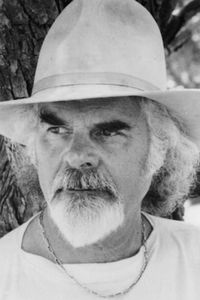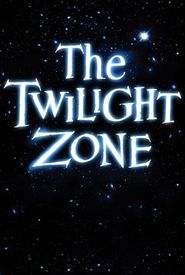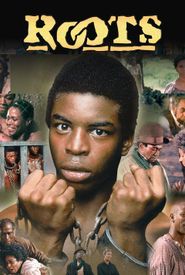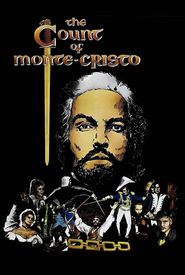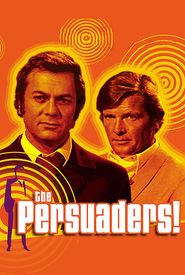David Greene's early career was marked by a series of varied pursuits, starting with his first job as a junior reporter for the Walthamstow Guardian. However, journalism did not prove to be his calling, and he went on to try his hand at various other endeavors, including furniture removal, deck hand, and hospital porter.
As the years went by, Greene's search for his true vocation continued, and he eventually found himself signing on with the Merchant Navy at the onset of World War II. However, his time at sea was short-lived, as he was invalided out in 1941.
After his stint in the Merchant Navy, Greene became affiliated with the Everyman Theatre in London, where he served as the publicity manager. It was during this time that he discovered his passion for acting and subsequently enrolled at RADA.
Greene's early performances were marked by a season or two at the Old Vic, followed by supporting roles in films like The Wooden Horse in 1950. His big break came in 1952, when he joined the touring Broadway Company of "Anthony and Cleopatra" and traveled to Canada.
While in Canada, Greene was offered a position with the Canadian Broadcasting Company's television department, and he officially emigrated to the United States in 1953. Three years later, he moved to New York and began to make a name for himself as a television director.
By the end of the decade, Greene had become one of the most sought-after TV directors in the business, working on both sides of the Atlantic and helming episodes of popular action and adventure series like Sir Francis Drake and The Defenders.
In addition to his television work, Greene also directed several feature films, including The Shuttered Room, Sebastian, and The Strange Affair. The Shuttered Room, a macabre story loosely based on H.P. Lovecraft, was notable for its striking visual sense and suspenseful storytelling.
Sebastian, a stylish espionage thriller about code breaking, boasted an excellent cast and was directed with style, despite its numerous incongruities. The Strange Affair, a gritty and somewhat unpleasant tale of police corruption and obsession, was notable for its taut handling and importation of Greene's American experience into British film.
After a brief return to the U.S. in the mid-1970s, Greene continued to work in television, directing several installments of the popular miniseries Rich Man, Poor Man and specializing in made-for-TV films. He also occasionally worked as a producer or executive producer.
Throughout his career, Greene was recognized with numerous awards, including three Emmy Awards for Outstanding Directing of a Drama Series or Special. He retired in 1999 and passed away in April 2003, aged 82.
